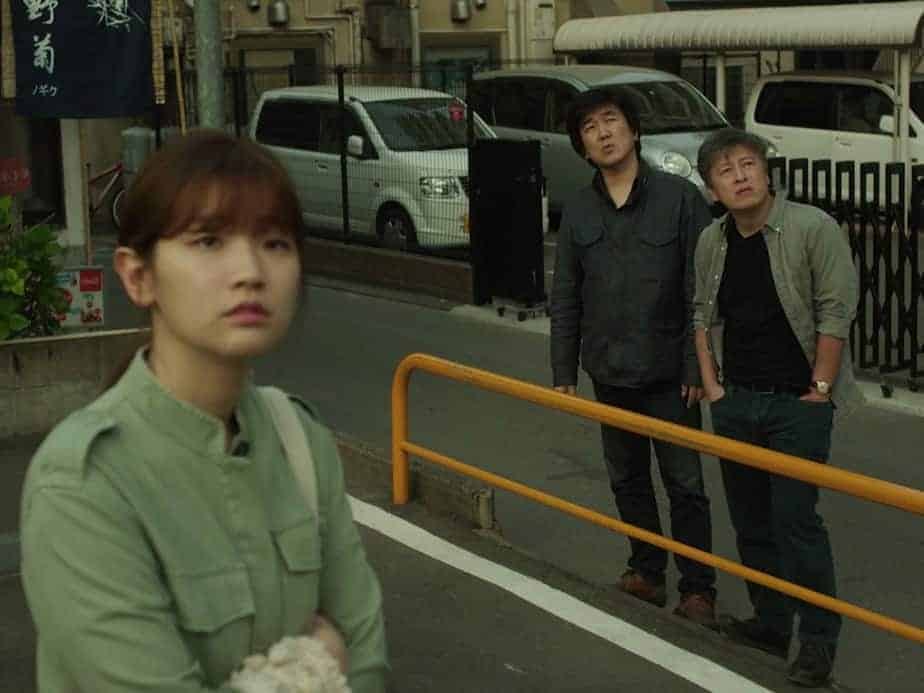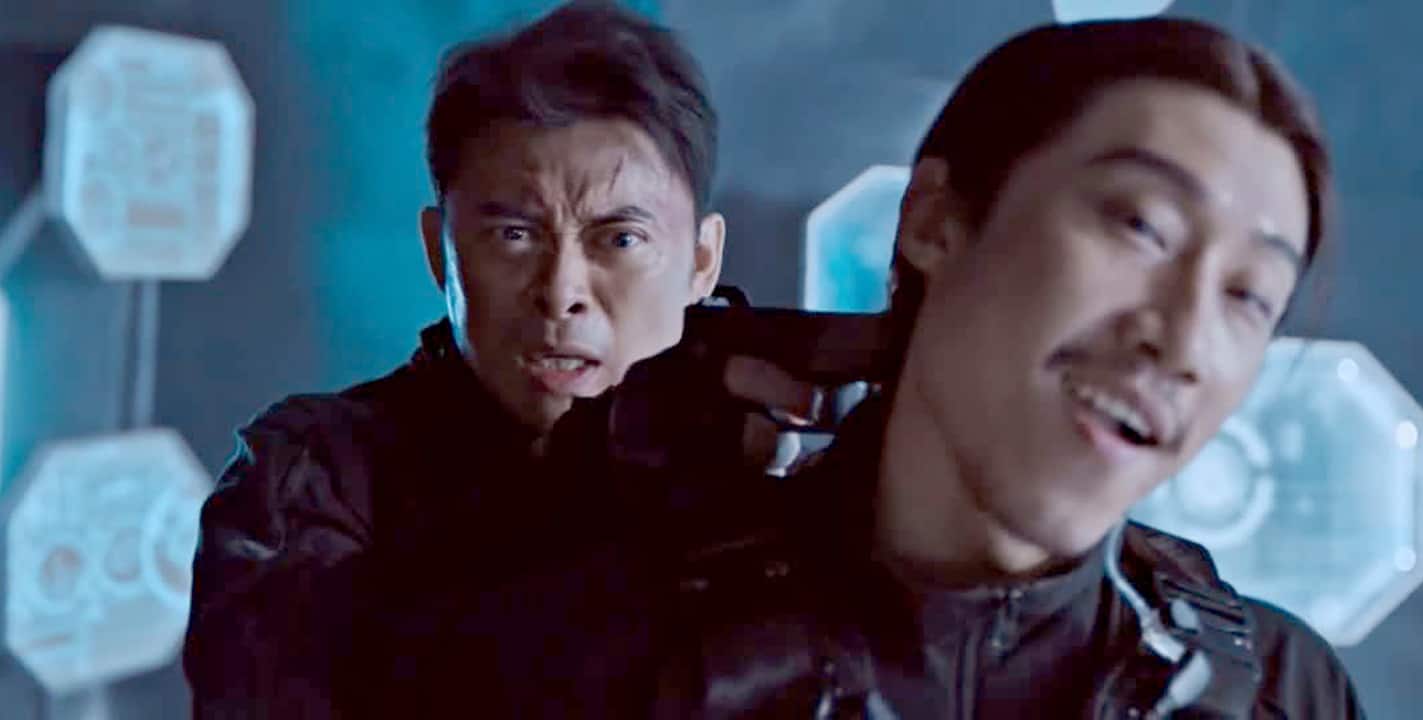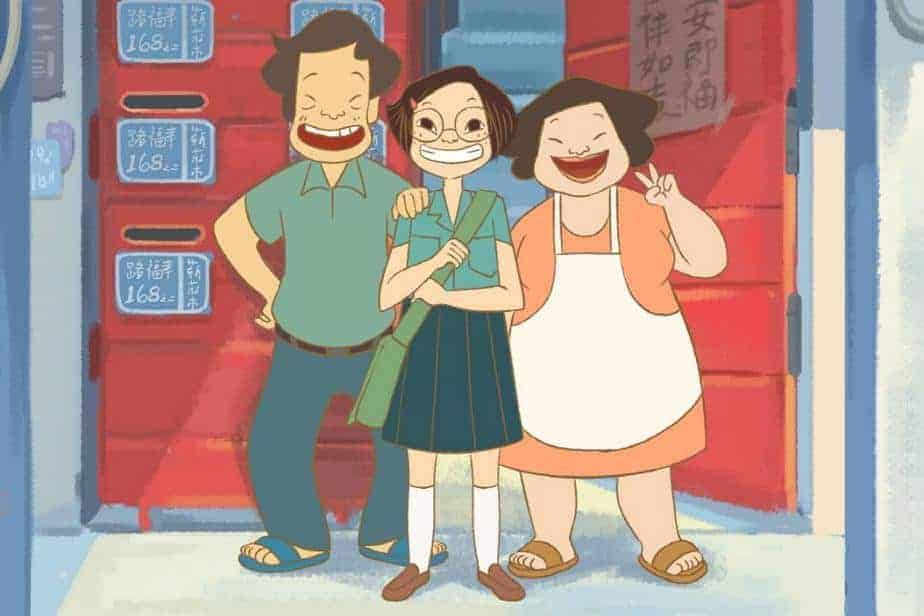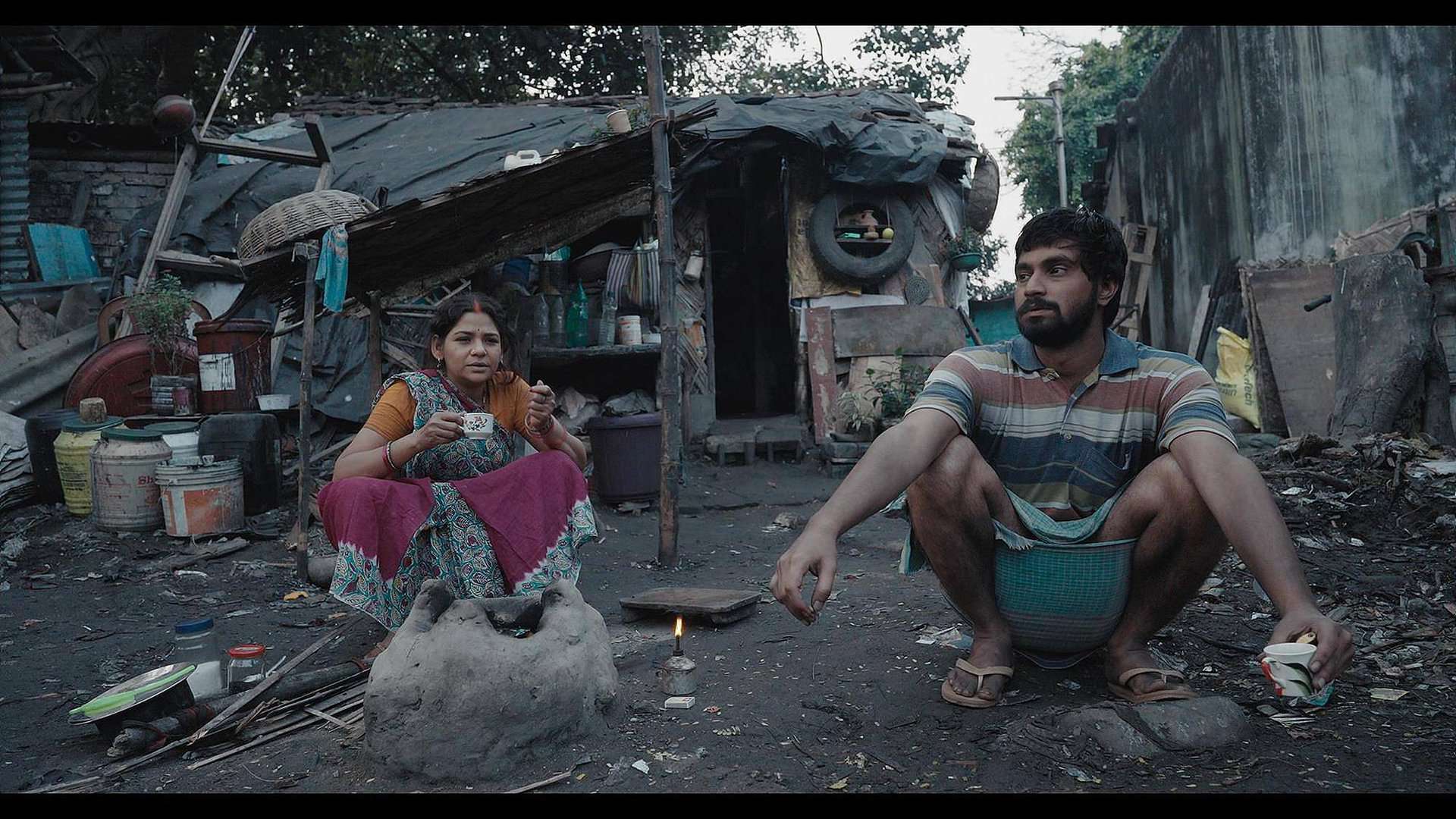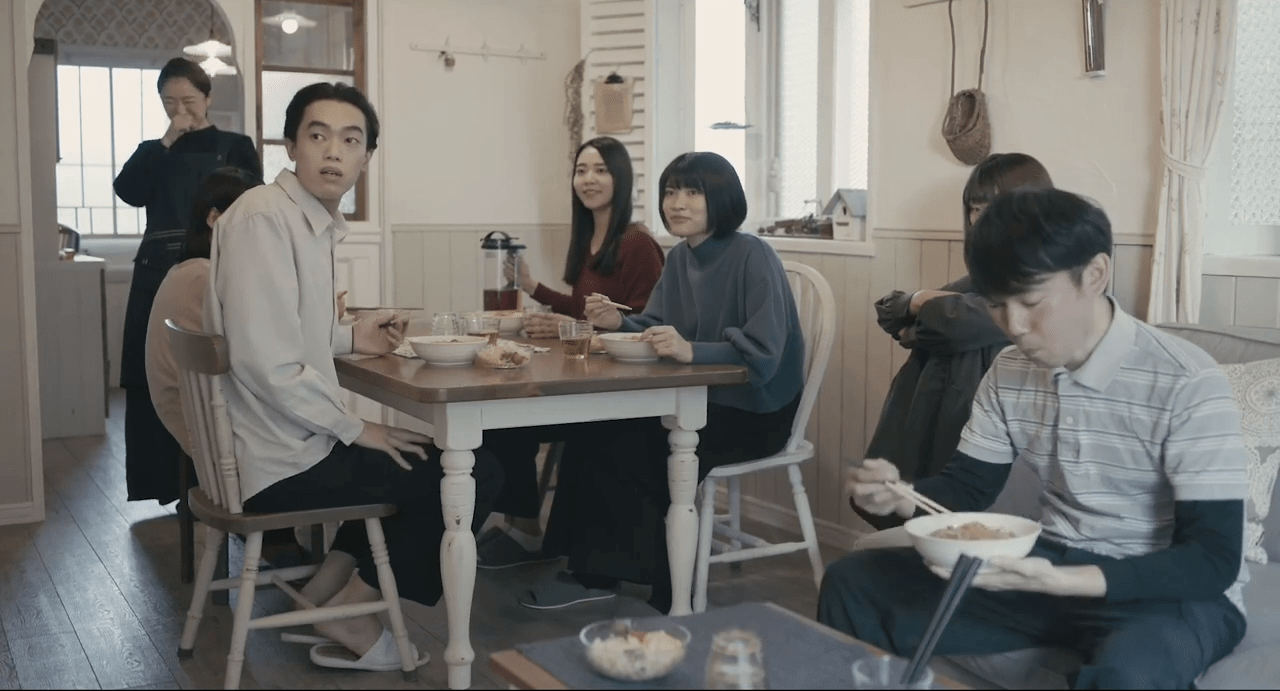While the stories of news or television reports being fabricated have always been at the center of attention, perhaps with the advent of ideas such as “fake news”, we witness a growing gap between media outlets and their former readers and viewers, at least a certain portion of them. Certainly, considering the aforementioned instances when a story was clearly fake and made just to make something more spectacular and sensationalist, some of the blame goes to the same reporters and outlets who are now being accused of creating “fake news” almost all the time by protesters and populist politicians. At the same time, the level of aggression directed at reporters and journalists is quite unprecedented, with some of them facing arrests and receiving death threats, and we are not merely talking about regimes where imprisoning reporters is more or less the norm whenever they dare talk about something against said system.
After his documentary on the Japanese writer Hayashi Eidai, director Shinji Nishijima deals with the case of Takashi Uemura in his new feature “Target” which not only talks about the reporter's experiences with the way his writing is still received, but also shows a troubling picture of a system which does not seem to hold issues like free speech in high regard.
Target is screening at Nippon Connection

Many times the camera captures the face of Takashi Uemura, when he talks to the camera, being interviewed about the events which resulted in him and his family receiving death threats and his reputation being soiled by his former colleagues, but also when he gives a seminar at the university, dealing with journalism and something he still believes in: the responsibility of the reporter. In 1991 his former newspaper published an article of his about an old Korean woman, a former “comfort woman” for the Japanese soldiers during the invasion of her home country, who was forced into prostitution and had to endure multiple amounts of sexual violence. Uemura, along with many of his colleagues and friends, are quick to assure this was not the only report on that particular topic, but the one which received quite a lot of unwanted attention, nowadays even from the far-right and conservative circles of Japanese society, claiming the article was fabricated and Uemura planned to violate the reputation of the nation.
Using a chronological approach of the case of Uemura and the aftermath of the publication of his article, Nishijima also focuses on the history of Japan's invasion of Korea as well as the matter of comfort women. As a result, “Target” becomes essentially a blend of two narratives, one about the reporter and his fight to prove what he wrote was the truth, as well as one about a campaign to cover up truths about the past, to uphold a certain image which perceives Uemura's report as a clear threat. While the technical side, especially the editing, emphasizes the director's roots from television, there is no denying the impact the story has on the viewer, as he/she follows a man fighting for the truth and his reputation, confronting a system which does not want any “nest foulers” ruining the image of the wholesome nation.
In the end, “Target” is quite an impactful, if a little long, documentary about free speech and its struggle in the current aggressive social and political climate. Shinji Nishijima manages to direct a movie whose focus on the case of Takashi Uemura as its shed a troublesome light on certain tendencies to sweep the truth under the rug for a much more preferred narrative, falsely perceived as the one and only truth.



